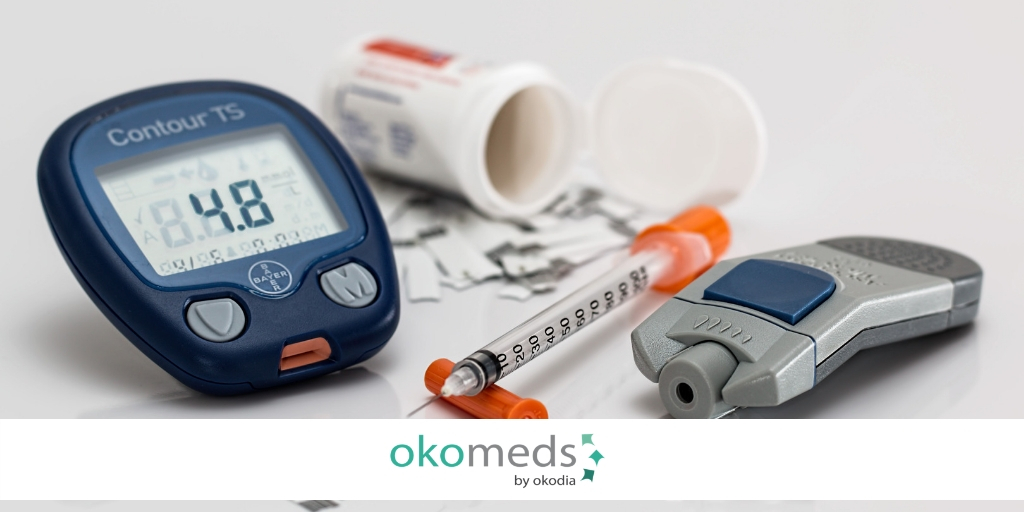
09 May Getting diabetes misdiagnosed
Nearly 40% of adults with type 1 diabetes were misdiagnosed with type 2 says research done by the University of Exeter.
It is key to provide efficient translation services to patients when being diagnosed. This prevents misdiagnosis and ensures they get the right treatment including insulin or other medication.
Most importantly, Okomeds can help with translations of medical analysis, medical visits, and interpretation in healthcare centres.
“Our research shows that if a person diagnosed as type 2 diabetes needs insulin treatment within three years of diagnosis, they have a high chance of missed type 1 diabetes,” says lead researcher Dr Angus Jones.
“Therefore, they need a blood test to confirm what type of diabetes they have, to ensure they receive the right monitoring, education and treatment,” adds Jones, from the University of Exeter Medical School.

Study author Dr Nick Thomas, from the University of Exeter Medical School, said: “While people with type 2 diabetes may eventually need insulin, their treatment and education is very different from type 1.”
“If people with type 1 diabetes don’t receive insulin they can develop very high blood glucose, and may develop a life threatening condition,” says Thomas.
Thomas added that this means having the right diagnosis is “vitally important even if insulin treatment has already been started.”

Diabetes is a chronic disease that occurs when the pancreas does not produce enough insulin. It can also happen when the body cannot effectively use the insulin it produces. Insulin is a hormone that regulates blood sugar.
Nearly 40 % of adults with type 1 diabetes were misdiagnosed and were initially treated for type 2 diabetesBesides that, hyperglycaemia is a common effect of uncontrolled diabetes and over time leads to serious damage to many of the body’s systems, especially the nerves and blood vessels.
In 2014, 8.5% of adults aged 18 years and older had diabetes. In 2016, diabetes was the direct cause of 1.6 million deaths and in 2012 high blood glucose was the cause of another 2.2 million deaths.

Type 1 diabetes
Previously known as insulin-dependent, it is characterized by deficient insulin production. It requires daily administration of insulin. Its cause is not known and it is not preventable with current knowledge.
Type 2 diabetes
Formerly called non-insulin-dependent. It results from the body’s ineffective use of insulin. Type 2 diabetes comprises the majority of people with diabetes around the world. It is largely the result of excess body weight and physical inactivity.
Sources: diabetes.co.uk, InDependent Diabetes Trust, WHO, NHS






No Comments